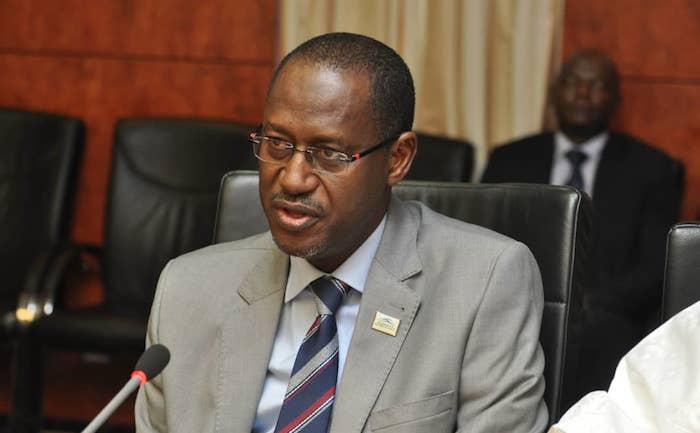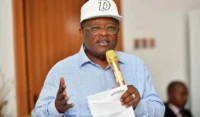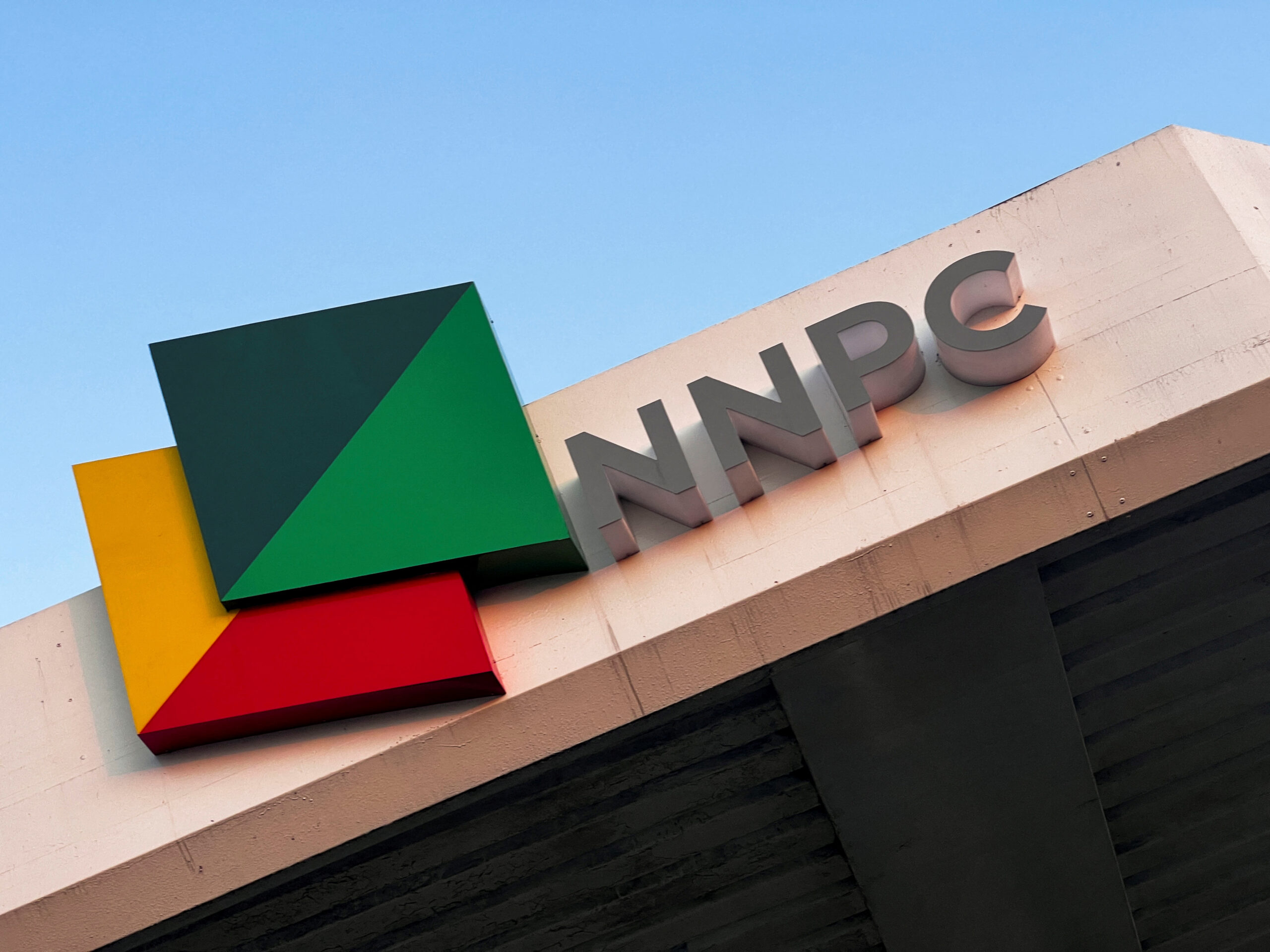Nigeria’s Minister of Housing and Urban Development, Ahmed Dangiwa, has unveiled an ambitious plan to unlock approximately $300 billion in dormant capital within the housing sector by revamping the nation’s land registration system. Speaking at a workshop on the National Land Registration and Documentation Programme in Abuja, Dangiwa highlighted the chronic inefficiencies that have left over 90 percent of Nigerian land undocumented, stifling economic potential.
Dangiwa pointed out that in the 140 years since formal land registration began in Nigeria, less than 10 percent of the country’s land has been officially documented. “It is no surprise, therefore, that less than 10 percent of the entire land in our country is registered in 140 years,” he remarked. He attributed this to a historically slow and cumbersome process, noting that experts estimate the untapped value—or “dead capital”—locked in these unregistered lands exceeds $300 billion. “Addressing this issue is not just about administrative efficiency; it is a critical step towards economic transformation,” he emphasized.
To tackle this challenge, the Nigerian government, in collaboration with the World Bank, is launching a National Digital Land Information System aimed at modernizing land administration. Dangiwa expressed optimism about the initiative’s transformative potential, stating, “With the support of the World Bank, we are on the cusp of making history in Nigeria.” The system is designed to streamline land documentation, boost transparency, and unlock economic opportunities by enabling landowners to leverage their assets.
Dr. Michael Ilesanmi, Senior Special Development Specialist and a representative of the World Bank Country Director, echoed Dangiwa’s enthusiasm, reaffirming the bank’s commitment. “The National Land Registration and Documentation Programme aligns with the vision of the World Bank to eradicate poverty,” he said, underscoring the program’s potential to drive economic inclusion and growth. The partnership signals a significant step toward addressing Nigeria’s long-standing land governance issues, with far-reaching implications for the nation’s housing and economic landscape.












Wow, $300 billion in dead capital? Thats insane! Can Nigeria really pull this off through land registration overhaul? Exciting times ahead!
Wow, $300 billion in dead capital? Thats insane! Can Nigeria really unlock all that potential through land registration overhaul? Sounds ambitious but intriguing.
Wow, $300 billion in dead capital? Thats a game-changer for Nigeria! Excited to see how this land registration overhaul plays out.
Wow, $300 billion? Thats a huge goal! I wonder if they can really unlock all that dead capital through land registration. Interesting stuff!
Will this overhaul really unlock $300 billion? Seems like a lofty goal, but Im eager to see the outcome!
Wow, $300 billion in dead capital? Thats a huge potential boost for Nigerias economy! Exciting times ahead for land registration overhaul.
I wonder if this overhaul will truly unlock $300 billion or just create more bureaucracy. Exciting times ahead!